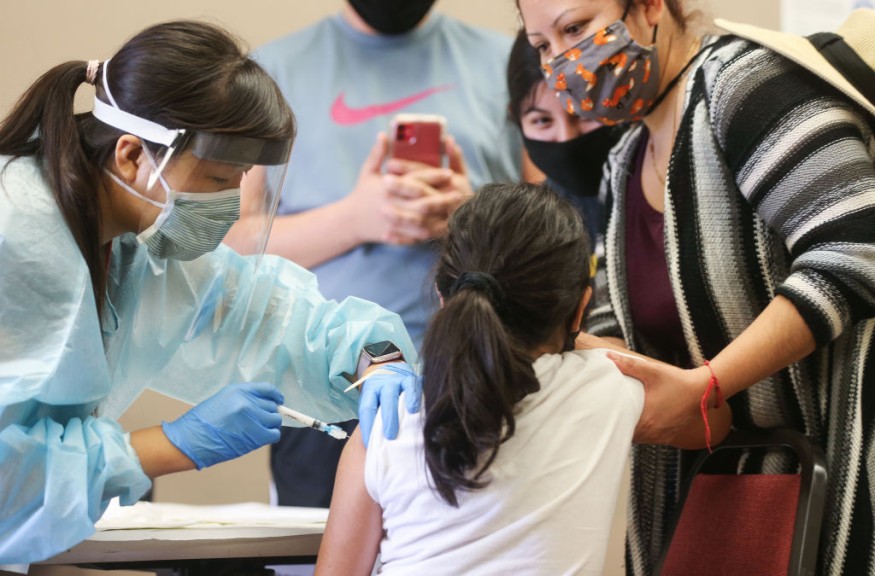
Since the vaccine for the notable coronavirus was made accessible around the globe, a lot of assumptions have been established and circulated in social media about its possible side effects, especially for concerned parents. Experts addressed their biggest fears and concerns through a Kaiser Family Foundation (KFF) survey.
Researchers used the ongoing project to track down public's attitudes and experiences with COVID-19 vaccines. The survey which was conducted on April showed divided decisions when it comes to vaccinating their kids.
30% of parents agreed to have their children immediately vaccinated while 26% are still waiting to see if it would be a sound option. Meanwhile, 19% would have their kids vaccinated if their school requires, and 19% are completely against it.
Although a lot of misgivings had already encouraged some fears to the public, experts confirmed that the upside of the vaccine still outweighs the downside.
Parents' Concerns and Barriers
The researchers were curious what gives most parents second thoughts to be completely on board with COVID-19 vaccination. Based on a 50-state survey at Northeastern, Harvard, Rutgers, and Northwestern Universities, moms are hesitant to get their children vaccinated more than dads, which garnered a rate of 27% and 11%, respectively.
Christina Johns, MD, a pediatrician and senior medical advisor at PM Pediatrics in Annapolis, Maryland narrates to Health some of the common vaccine myths parents believe.
Some parents believe kids are not prone to the virus and therefore, don't have to get vaccinated. Some also said the vaccine was rushed and unsafe, but Dr. John clarified that the vaccine was not rushed but accelerated due to urgent demand.
Others showed no confidence on its effects on the long-term run, afraid that it might get their kids infertile, and thought of the serious allergic reaction it may cause; while others are just waiting on the safe corner until a vaccine gets approved by FDA.
Experts Address Vaccine Myths
Researchers and clinicians rectified the increasing concern and addressed the misgivings toward COVID-19 vaccine. Dr. Johns explained that kids do get COVID, in fact, a growing population of them developed 'long COVID'.
If serious COVID-19 infections and complications are not addressed, it can cause long-term damage to their hearts from post-infectious inflammatory condition. To top that, kids can get back to their normal lives, pre-COVID, Julie Boom, MD, professor of pediatrics added.
In terms of safety, there were no evidence of manufacturers cutting safety standards in making new vaccines. Experts described the 'rush' of the vaccine was an Operation Warp Speed, and past experiences contributed to its speedy formula. As for the side effects, Dr. Boom said unknown side effect 'would be extremely unusual'.
The COVID-19 vaccine affecting kids' fertility was opposed by scientists, describing the claim as 'biologically impossible' and it cannot affect current or future fertility at all.
Meanwhile, in cases of allergic reaction to any component of the vaccine or to a prior dose, Center for Disease Control and Prevention (CDC) recommended certain precautions to health care providers.
Lastly, scientists confirmed vaccines that haven't been FDA approved yet does not imply unsafe vaccines, as they still go through vigorous testing to be authorized. The researchers believe that immediate vaccination is the way to lessen opportunity of the virus to replicate, mutate, and circulate.
© 2025 NatureWorldNews.com All rights reserved. Do not reproduce without permission.





